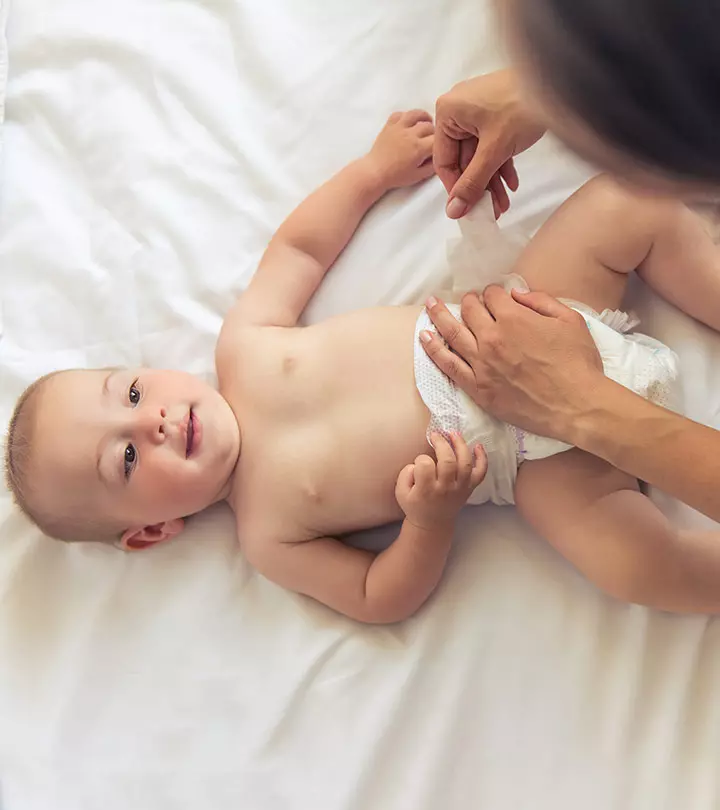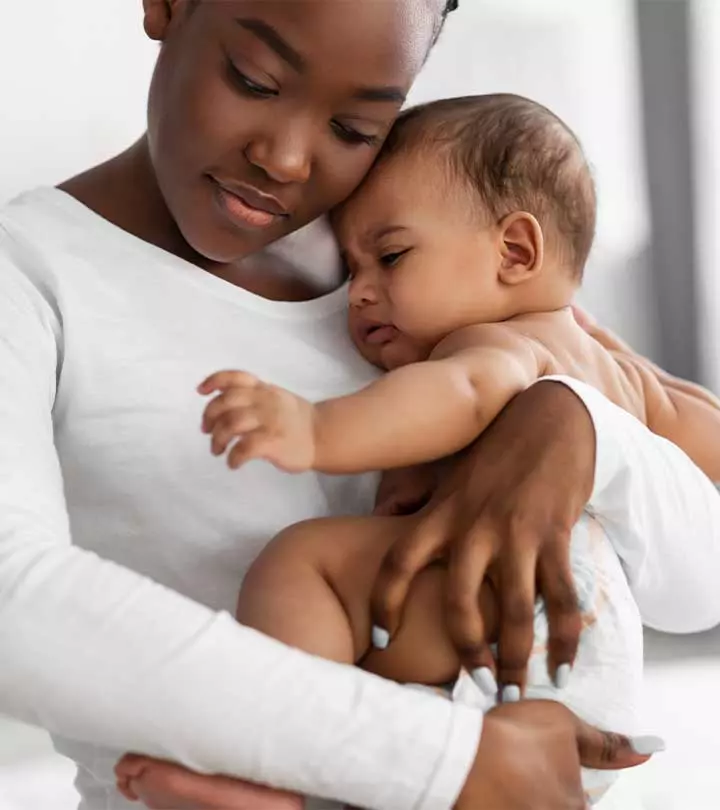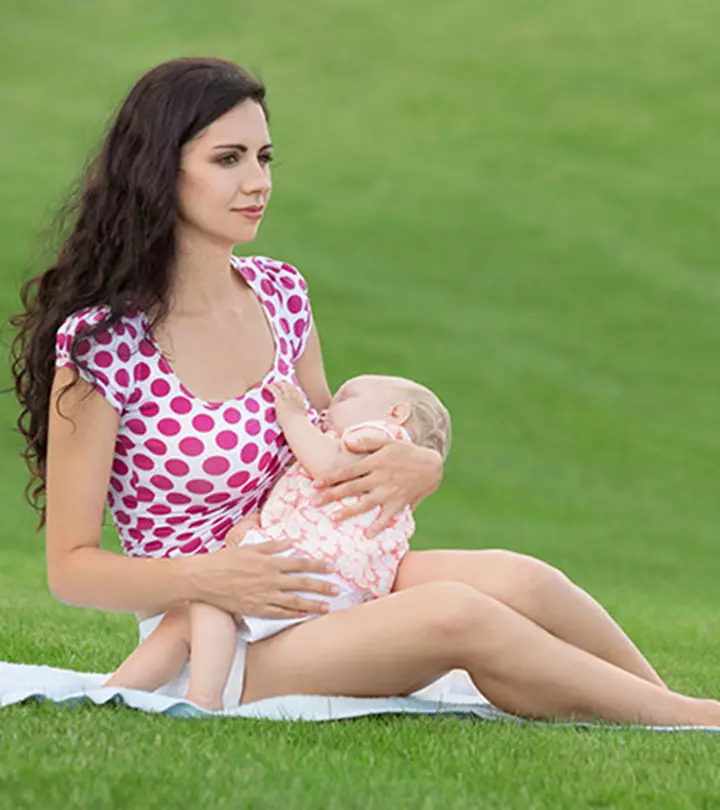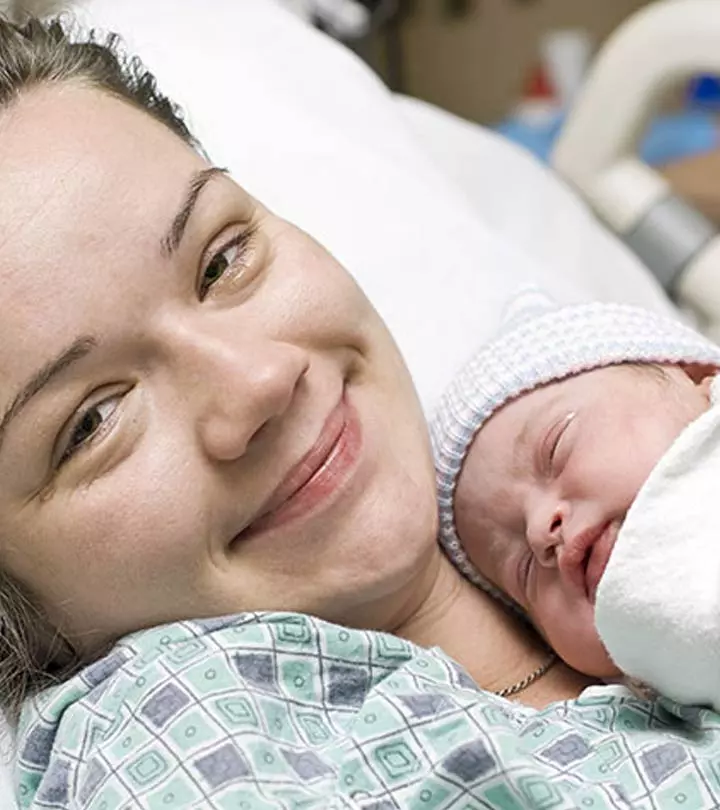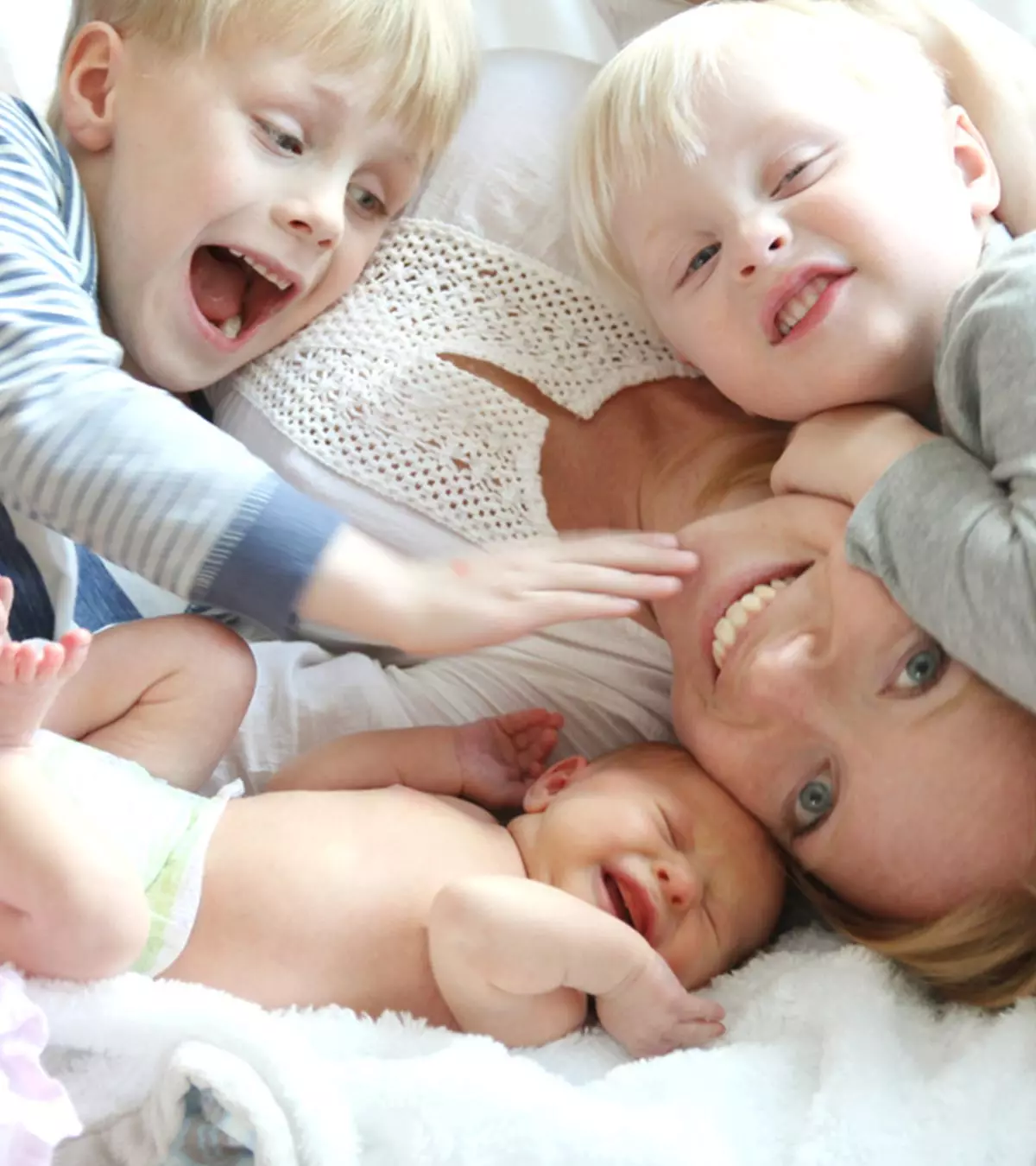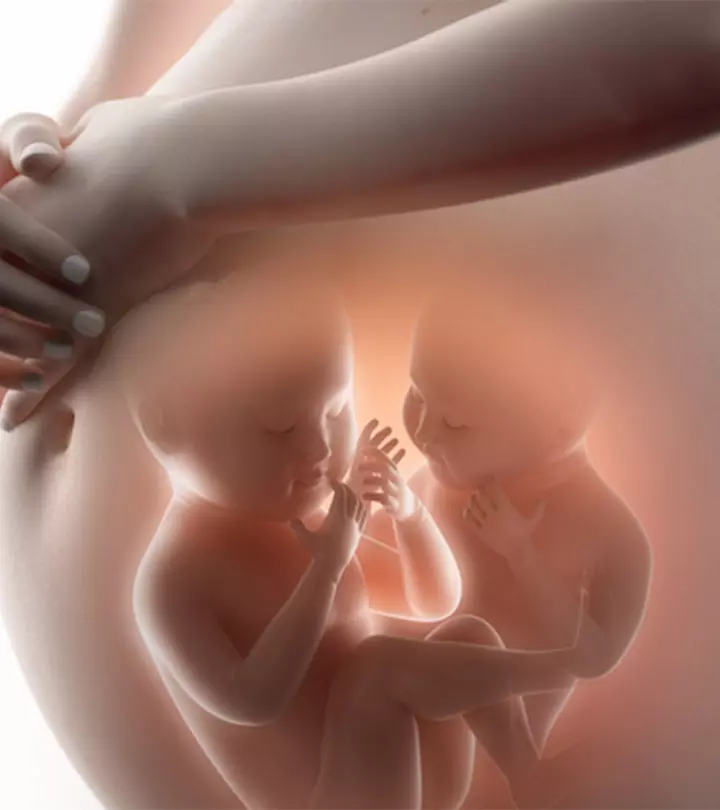

Image: Shutterstock
When it comes to getting pregnant, the world, and the internet, by extension, is full of advice. Honestly, there’s no dearth of data on what works and what doesn’t when it comes to boosting your fertility. Granted, a lot of the advice available can be downright bizarre, but you’ll find some sense in some of the things said too. For example, exercising can truly help improve your reproductive health, provided you keep a few points in mind. Let’s delve deeper into the matter.
What You Should Know About Exercise & Fertility
Image: Shutterstock
First thing’s first – do not consider exercise as a magical solution to your fertility woes. While it can positively influence your fertility (and your overall health), your ability to conceive is dependent on a host of other factors. So don’t depend on it as the sole remedy that can guarantee absolute results.
Next, it’s crucial to note that exercising too much can adversely affect your chances of getting pregnant. A 2012 study examining the relationship between exercise and fertility discovered that women who engaged in strenuous exercise sessions lasting 5 hours a week or more were less likely to conceive at any month as compared to women who didn’t like exercise (1).
So you don’t want to overdo it. Moderation is key as moderate exercising has been proven to boost fertility.
Dos & Don’ts Of Fertility Exercises
Before you jump in on the exercise bandwagon to improve your fertility levels, it’s important you know a little bit about the dos and don’ts of fertility exercises. Allow us to explain.
Dos
- Consult Your Doctor
Image: Shutterstock
Even if you’re a regular gymmer, chances are the exercise plan to boost fertility will be different from the fitness regime you follow. Before you put your body through that kind of change, speak to your doctor. They might be able to guide you in the right direction based on your present fitness level and health history.
- Eat Healthy & Adequately
Image: Shutterstock
As per a 2016 study conducted by the Pennsylvania State University, it’s not solely rigorous exercising that causes irregular menstrual cycle or reproductive health issues (2). Instead, it’s the energy deficiency caused by not eating enough to compensate for the energy lost while exercising. Hence, when burning calories, be sure to make up for the lost energy by eating right.
Don’ts
- Over-exercise
Image: Shutterstock
As we’ve discussed before, over-exercising can hamper your chances of getting pregnant. Researchers say that over-exercising and infertility are interlinked (3). Since extreme exercising puts a lot of stress on the body, the brain can interpret it as a sign of excessive stress and hence, disallow ovulation from occurring. Female athletes are most commonly affected by this. However, what’s considered extreme exercising can vary for everyone, so it’s best to consult an expert to find out what works for you.
The Type Of Exercises That Increase Fertility Levels
Image: Shutterstock
As far as research is concerned, there isn’t really a specific exercise or type that helps you gain optimal reproductive health. Neither is any type considered to be harmful per se. You can pick any activity you want as long as you enjoy it and it suits your body.
That said, health experts advise against exercises that overheat your body or stress it out too much, like running or spinning, for example. However, you might be the kind who benefits from such exercises, so there’s no hard and fast rule. But if there’s a type of exercise that experts recommend, it would be yoga.
Regular yoga (not a specified niche) can not only make you fitter, but it can also lower stress levels, which in turn can help in conceiving. You can enroll in a professional yoga center to reap its benefits.
At the end of the day, exercising for fertility does not take a one-size-fits-all approach. It’s important for you to find what suits you and then work towards it to get the results you want.
Community Experiences
Join the conversation and become a part of our nurturing community! Share your stories, experiences, and insights to connect with fellow parents.







